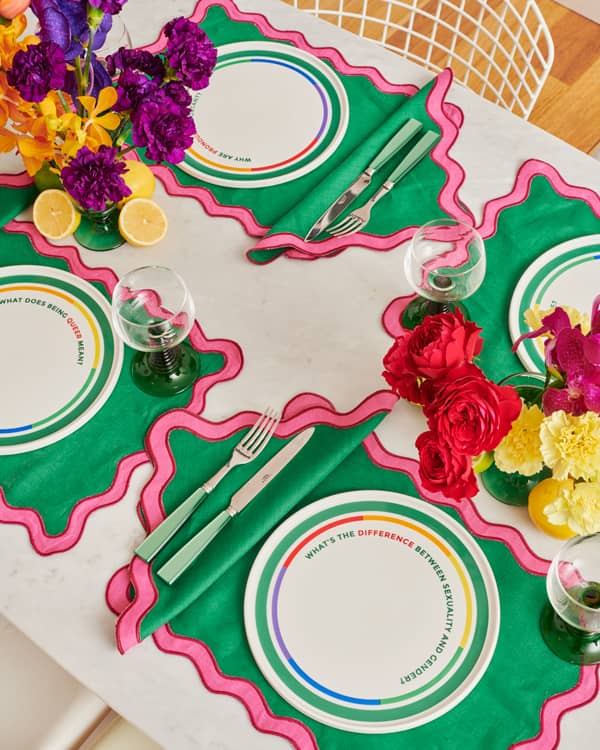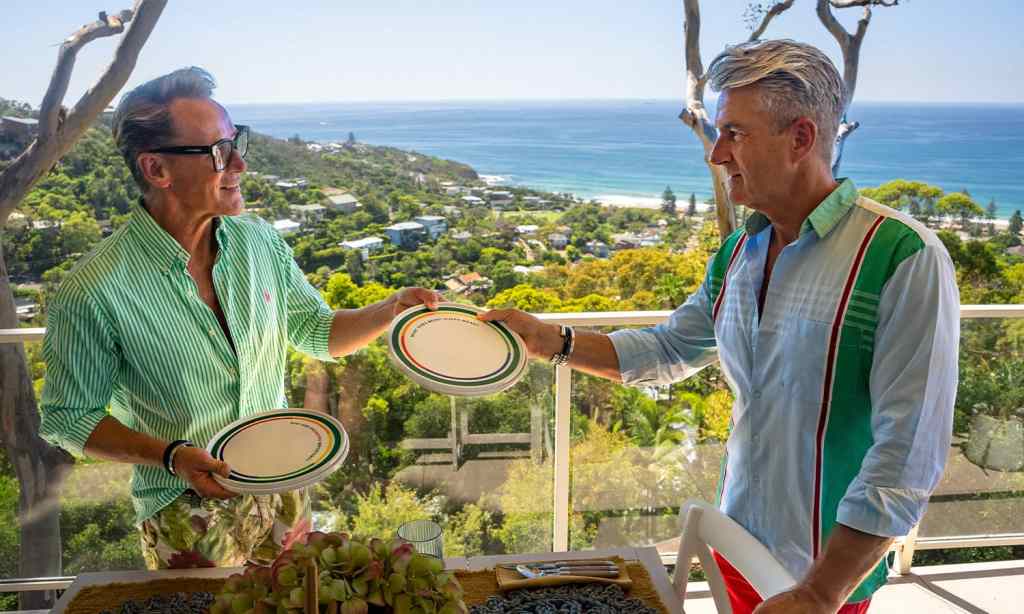As the glitter and the glitz of Mardi Gras begins to fade, the conversations that the event is predicated upon continue to happen. Mardi Gras, at once a celebration and expression of joy and self, is founded in protest and is still a proclamation that non-hetero relationships and identities are just as valid and deserving of respect as any other.
Far from the parades and the parties around Surry Hills and Darlinghurst, where equality and acceptance feel like the norm, the battle for those very ideals and rights continues.
Australia has come a long way over the last few decades in striving for equality, culminating not least of all in the plebiscite that granted gay couples the same rights as straight couples. That monumental event, however, dredged up some of the darker and less palatable aspects of Australian culture and society.
Those aspects, while diminished and hopefully on the decline, still dominate large parts of our national discourse, from everyday conversations right to the heart of federal politics.
The Citipointe Christian College scandal highlights the reality of this. The religious school in Brisbane issued an enrollment contract to parents at the start of the school year requiring them to denounce homosexuality and ensure their children identify by their birth gender.
The contract was retracted and the principal has taken a leave of absence. In response, the government’s long-running Religious Discrimination Bill was altered to ensure students would not be discriminated against because of their sexuality. The Director of Public Affairs for the Archdiocese of Sydney however characterised the whole debate as an assassination by “radical gender activists” of religious independence.
These kinds of beliefs, often simmering under the surface, create an environment in which LGBTQIA+ feel unsafe and through which bullying, harassment, and discrimination are allowed to flourish. Evidence for this can be found in the recent research commissioned by the soap company Fairy, which revealed that 66% of young people in Australia who identify as LGBTQI+ have experienced bullying.
Changing those narratives and those perceptions around LGBTQIA+ people is a job that requires action at all levels of society and in all environments. This is why Mitch and Mark, The Block winners and one of Australia’s most public gay couples, have teamed up with the brand to promote open dialogue around Australia’s dinner tables.

The idea here is to have questions that start conversations written right on the plates we’re eating off. Fairy has released a range of these conversation plates, designed in partnership with an LGBTQIA+ youth charity and homewares brand In The Roundhouse, for free.
“With every generation, it gets better. But we can never rest on our laurels,” Mitch told The Latch.
“The fact that there is still bullying tells you that we’ve got a long way to go.”
“In the last day or two, we were talking to friends of ours, and even though they have this family support, one of those families said that their daughter has experienced being ostracized,” Mark adds.
The initiative with Fairy focuses on parents and their ability to create a safe and open space where their children feel comfortable talking about gender and sexuality. This is prompted by their research which found that 89% of parents believe that they play a role in educating their children on diversity and inclusion, yet over a third don’t speak to them about these topics.
The primary reason given is that parents report feeling uncomfortable discussing the subjects or that they’re not as educated on them as they’d like to be.
Mitch advises parents in the position to “just start.”
“It’s baby steps. Find somewhere you’re comfortable to start and just start because people who are coming out feel like they’re going to die. But when they finally ‘confess’ to who they identify as and come out, generally there’ll be enough people to support them and they find, particularly in this day and age, that it’s okay.
“To the parents, maybe you have to be brave. It’s not necessarily comfortable but neither is a woman giving birth to a child; she has no choice, she has to start. Just start the conversation”.
Mark adds that the most important thing is ensuring that your kids feel safe.
“If you have kids who are trying to work this out, and they’re in a school or they’re in a community where they feel isolated, or that they’re a minority, they may not feel safe.
“They may not feel physically safe, because they’ve been threatened or they may not feel emotionally safe”.
Mark also suggests that some parents may be uncomfortable with raising the topics as they worry they may be putting ideas into their heads that weren’t there previously.
“You’re not going to switch anything on, you’re just going to allow them to be safe and think about it.
“It will allow kids who might be questioning it to explore and find out how they’re feeling. It will also assure kids who are very clear that they are heterosexual that it’s okay to have friends who aren’t and they can start thinking about what that might be like.
“It’s called having empathy”.
The pair also said that any parent who is uncomfortable with these topics should probably take that as a cue to reflect on their own opinions and biases. They note that seeing every day, happy gay couples like themselves on TV across the nation has a huge impact on normalising homosexuality and that those who aren’t comfortable with seeing it or thinking about it should dig deeper into those fears and educate themselves.
Not doing so, and not having these conversations, can have disastrous consequences. The pair push home the seriousness and importance of the message on the Fairy plates and parents’ need to create a safe environment.
“If parents do not have any connection with any form of LGBTQIA+ community, and they’re very confident in their heterosexuality, and they make jokes about sexuality, [their kid’s will] get the message. ‘This is bad. I have to hide it,'” Mitch said.
“This is where teen suicides kick in. Sexuality related teen suicide has always been there, which makes it an easy choice for any parent to get a bit educated and actually start a conversation because it can happen to anybody.
“You want to make sure that your kids are safe. Wouldn’t it be horrible to think that you didn’t have the conversation because it was too hard? And that you lost a child to confusion and discomfort?”
“Our lives and not jokes,” Mark adds. “Who we are is not a joke”.
“No human is better off dead. That’s what this is important. Starting those conversations is so important”.
Read more stories from The Latch and subscribe to our email newsletter.







